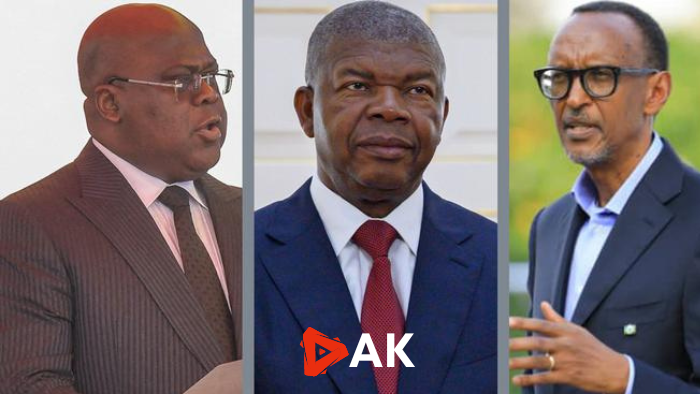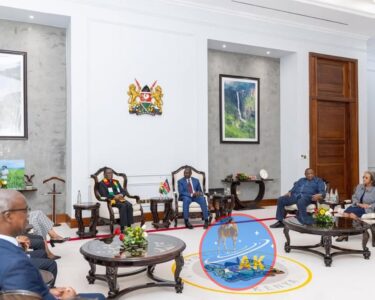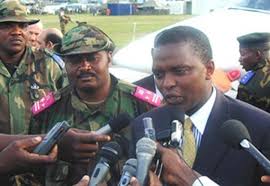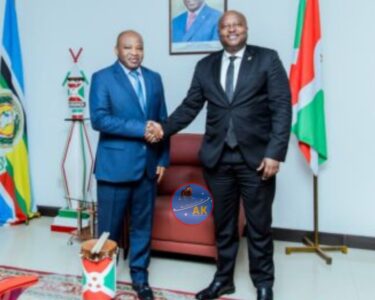
The ongoing conflict in the eastern Democratic Republic of Congo (DRC) has seen fresh efforts for peace as Angola steps up its mediation between Kinshasa and Kigali. Despite challenges on the ground, Luanda has managed to secure notable progress in dialogues between the warring parties. Recent talks have included key players such as the heads of military intelligence services and security forces from both countries, along with a delegation from the M23 rebel group, whose presence continues to be a destabilizing force in the region.
The Angolan government is now preparing to host a meeting this week with the foreign ministers of the DRC and Rwanda, marking the next stage in efforts to bring an end to the violence. This initiative is seen as a critical opportunity for diplomatic engagement, as previous ceasefire agreements have failed to fully materialize on the ground due to ongoing hostilities.
The Role of the M23
The M23 rebel group, which has been active in the region for over a decade, remains at the center of the conflict. Supported by external forces, particularly Rwanda, according to various reports, the M23’s operations have caused widespread displacement and violence, leading to a humanitarian crisis in eastern Congo. The presence of the M23 complicates efforts to establish peace, as their insurgency is both a symptom and a cause of the instability between the DRC and Rwanda.
Angola’s Diplomatic Efforts
Angola, under the leadership of President João Lourenço, has been a key mediator in the conflict. The country’s involvement has brought both regional and international attention to the issue. The Angolan initiative seeks to restore diplomatic relations between Kinshasa and Kigali and encourage both sides to adhere to previously agreed-upon ceasefires and peace agreements.
The success of this mediation will largely depend on the ability of both countries to control the activities of rebel groups like the M23, as well as the extent to which external powers may be willing to de-escalate their involvement in the conflict.
Broader Implications
The outcomes of these peace talks could have far-reaching implications, not only for the stability of the eastern DRC but also for the broader Great Lakes region. A peaceful resolution to the conflict would alleviate the severe humanitarian crisis that has left millions of people displaced and vulnerable. However, failure to address the root causes of the conflict, such as external support for rebel groups and the exploitation of natural resources, could result in the continuation of violence.
As these discussions progress, the international community, including the United Nations, the African Union, and regional organizations, will be closely monitoring the developments and providing support where necessary.




